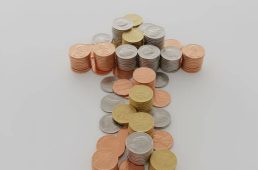For many years, the basic assumption in economics was that we humans are incredibly rational beings. Rational people will always prefer to increase profits and minimize losses. However, already from the middle of the twentieth century, economists slowly began to understand that when it comes to man’s encounter with money, rationality is [at best] nothing more than an approximation of what is really happening. People showed a disturbing tendency to slip into debt, to be influenced by mood, the way prices were presented, misappraisals and overconfidence, and countless other things that were all decidedly “irrational,” and that’s how behavioral economics was born.
One of the most prominent figures today in the field of behavioral economics is the Israeli Professor Dan Ariely. Arieli is a particularly successful example of behavioral economics because it is endowed with one of the main qualities of the field, namely detective curiosity. The fascinating encounter between psychology and economics has given rise to a profession that does not take for granted any phenomenon in daily life and traces the hidden forces that shape everything in our lives, from tipping in a restaurant to the vengeful instinct that nests in each of us.
Irrational and Not Terrible is the most personal of his three books (preceded by Irrational and Not by Accident and, more recently, The Truth About Really), Ariely relies on personal experiences like assembling an IKEA locker or frustration with failed customer service to embark on a detective journey that discovers the real explanations behind our preferences and habits. The book lightly reviews an enormous amount of up-to-date research and leads us to the moral of each and every one of them. The personal tone of the book along with the humor manage to save it from being a dry research report and it is read with interest and with a smile.
Happy reading



